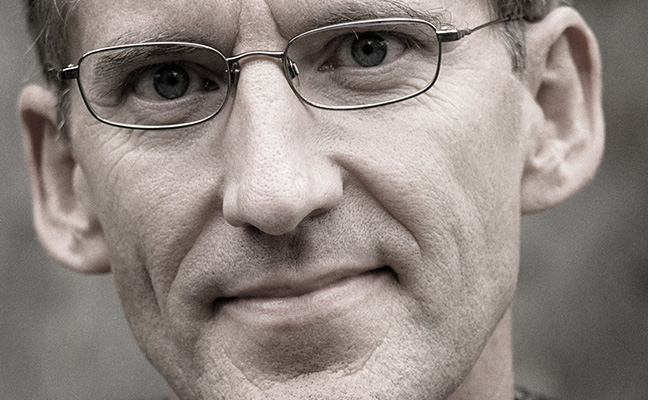If you were to guess how much money the CEO of McDonald’s makes in comparison to his average employee, what would you guess? Whatever you guessed, chances are you should have guessed higher.
The answer is 3,101 times higher, meaning that a regular McDonald’s employee would have to work for over three millennia to make as much as their CEO made in 2017 alone. So whilst we should all celebrate that his employees are all at least earning a minimum wage allowing them to afford basic food and housing, should we not look at equality from the top down?
McDonald’s might be an extreme example but according to the High Pay Center, the average pay of a top UK Chief Executive has increased from about 60 times the average UK worker in the late 1990s to more than 170 times today.

Whilst for some this may highlight our “free world” where one has the opportunity to earn whatever they want, for me, it spells out huge inequality. Because I think, contrary to common belief, our economy is not based on merit. So what are our options?
One option is the fixed cap, it’s exactly what it says on the tin. A fixed cap would be putting a limit on the amount of money a person can make. Of course, this is immediately problematic and would cause outrage among the wealthiest of people and most likely lead to lying and cheating on tax forms.
A second and much more appealing idea is the ratioed salary. This means that the wealthiest people in society can only earn a certain amount more than the people earning the lowest salaries. This has the potential to work because it still means that wealthy people can see their salaries rise, but only if the income of the lower earner also rises. A ratio of earnings would mean that the richest people would have a vested interest in seeing the incomes of poor people rising, which would lead to a harmonious and inclusive social dynamic.

If you’re not convinced, this has been taken into practice by the human rights lawyer Clive Stafford-Smith at his charity, Reprieve. Reprieve is an organisation that represents inmates on death row who cannot otherwise afford lawyers. Stafford-Smith has a rule that at his charity, the highest earning employee cannot earn one third more than the lowest paid. And this doesn’t mean everyone earns very little, just that everyone earns a reasonable salary and the lawyers' focus is “to do good rather than do well.”
The idea of a maximum wage has not been taken to seriously by many politicians yet and will probably take a long time before it is seriously discussed; however, it may be something worth thinking about. Will the future continue to allow uncapped high salaries and extreme inequality or will politicians realize and begin to implement more fair and inclusive options?




